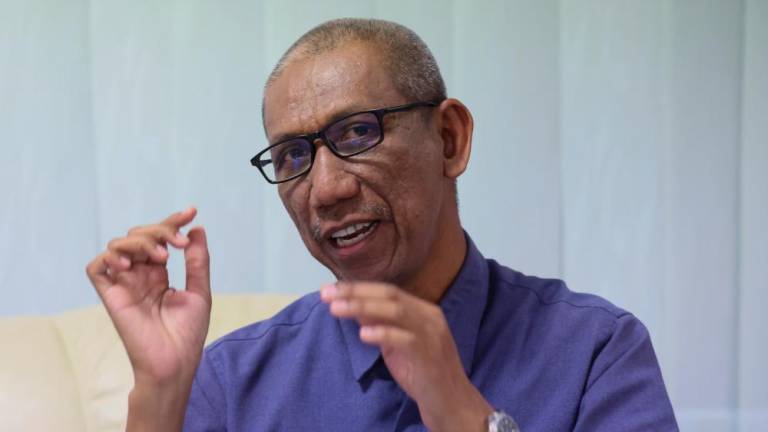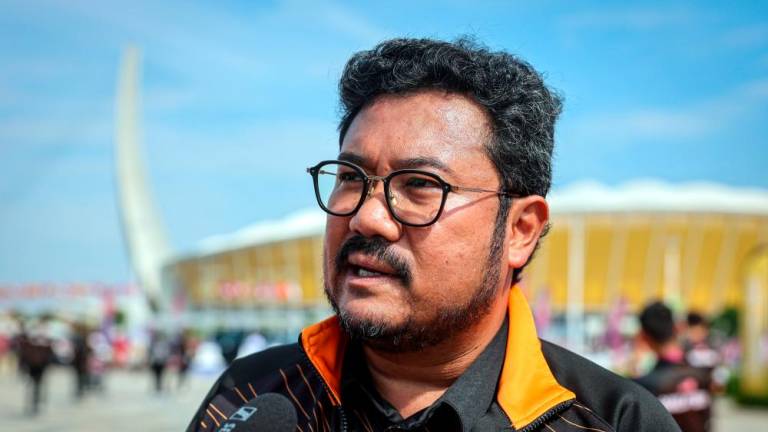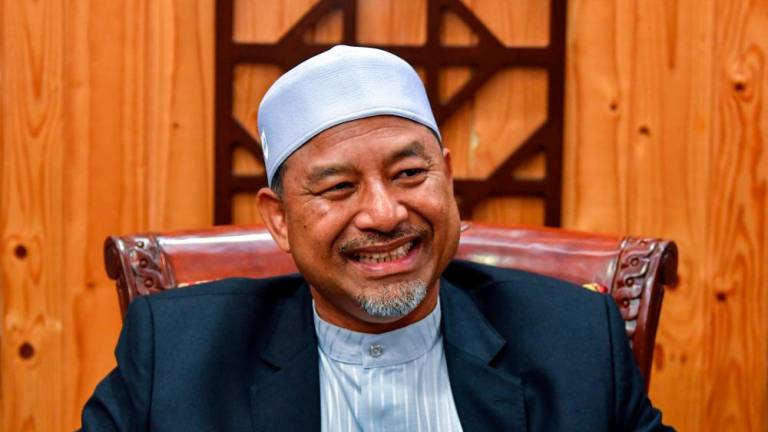KUALA LUMPUR: Seafood lovers living on the west coast of Peninsular Malaysia are being warned to reduce their shellfish consumption because of the risk of heavy metal poisoning.
Universiti Malaysia Terengganu (UMT) School of Marine & Environmental Sciences marine biology programme senior lecturer, Assoc Prof Dr Ong Meng Chuan, said a team of 25 scientists and researcher detected a high concentration of heavy metals like arsenic, cadmium, plumbum and mercury around estuaries and harbours in the Straits of Malacca during a scientific voyage from March 13-22.
He said findings reveal the waters of Johor, Port Klang and Penang are at a higher risk of heavy metal contamination.
“This situation indirectly leads to the contamination of a food source because it is in the nature of shellfish to stay put and not migrate in search of food.
“Obviously, if the water is contaminated with heavy metals, it will be passed up the food chain,“ he told Bernama.
The marine expedition using UMT’s research vessel, RV Discovery, was carried out in conjunction with the Langkawi International Maritime and Aerospace 2019 (LIMA’19) exhibition and sailed from Kuala Terengganu to Tanjung Lembung, Langkawi.
The team collected samples from more than 45 stations along two shipping routes: the Straits of Malacca and South China Sea.
Ong said many don’t realise the long-term health consequences of eating contaminated food from the sea.
“Heavy metal bioaccumulation takes a long time to be detected. The build-up from eating arsenic- or mercury-contaminated food can lead to various disorders,“ he said.
He said the Straits of Malacca is more polluted compared to the South China Sea because it is shallow and narrow, and experiencing growth in industrial activities in the port and estuary area.
He said river currents in estuarine waters were weaker, allowing heavy metals to easily sink and accumulate on the floor of the estuary.
Ong said the government and relevant powers should ensure strict enforcement of the law to tackle heavy metal pollution in earnest.
“Perhaps a heavier penalty or tougher sentence is needed ... because we don’t want another Sg Kim Kim incident which affected the health of over 2,000 people,“ he said. — Bernama













